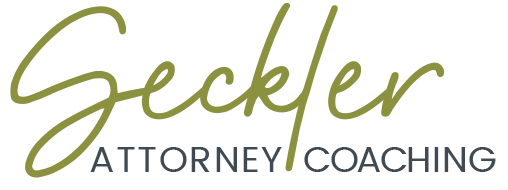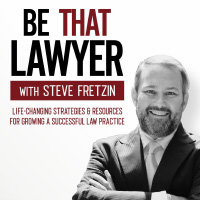
This fall, I decided to sign up for some clinics at my squash club. I enjoy the sport and find it to be an amazing workout. But I’d like to get better.
For the uninitiated, squash is a racquet sport that essentially played in a giant box. Because the ball bounces a lot less than a tennis ball, the game is very strategic. You can’t simply overpower the other player.
Great squash players are constantly moving. It is a small space and it is important to get out of your opponent’s way. It is equally important to not sit back and admire your shots. While the court is relatively small, if you don’t make an effort to position yourself, your chances of getting to the ball drop precipitously.
There is a lot I know about squash. And there is a lot I have learned this fall. But as I told our coach , “I’ve learned so much from you Chris. I just can’t do anything you’ve taught me.” (Being in constant motion is not my normal biological tendency.)
The essential problem is that I am trying to break bad habits and that takes time. I am trying to shift my focus on the squash court. And I need a lot of reminders.
To make a long story short, there is a gap between my knowledge and my execution. And coaching is helping. Coaching is making me aware of what I am not doing.
For lawyers trying to develop a practice, the issue is similar. Lawyers in private practice are trained to focus on the billable hour. It is hard to carve out time to call a referral source or make an effort to attend networking meetings if you have work on your desk,
The habit of monetizing your time is drilled into you from day one. And in the short term, there is no obvious reward for taking time out to write an article or go out to lunch with a past client.
There is also no clear immediate reward for being persistent. If you are like a typical lawyer, if a good referral source has not responded to your email inviting them to coffee, you are likely to think it is because of something you did (and trust me–that is usually my own default reaction.)
But building a law practice does require persistence. Top rainmakers also understand the great importance of consistency.
Coaching can help break your bad habits and set you on a path of doing all the small things that will lead to the big result. A good coach is a sounding board who helps you get past roadblocks, holds you accountable, and provides encouragement which can help motivate you.
Chris is going to have work harder to get me to stop staring at my feet. She is likely to be telling me the same five things for several more months. While I may never make it to the top of the tour (like her son Timmy), with more time and $’s, I’m sure I’ll start to incorporate what she has been trying to get me to do.
Put me in coach!








